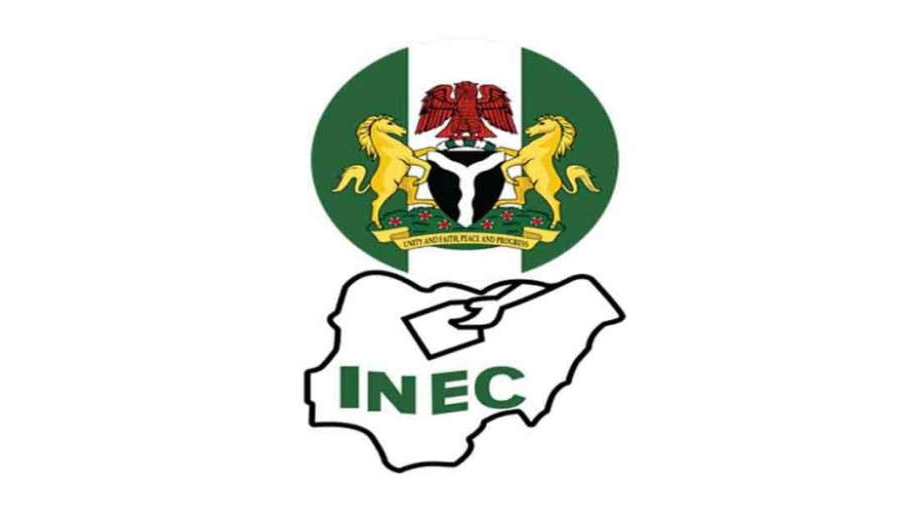The Court of Appeal sitting in Abuja is set to rule on an application by the Independent National Electoral Commission (INEC) seeking permission to reconfigure the Bimodal Voter Accreditation System (BVAS) used during the February 25th presidential and National Assembly elections. The case is expected to be heard on March 8th, and its outcome will have significant implications for Nigeria’s electoral system.
INEC had claimed that reconfiguring the BVAS is critical, especially as it holds governorship and state assembly elections in 28 states of the country on March 12th. However, the opposition parties, Labour Party and the People’s Democratic Party (PDP), had applied to physically inspect the materials used in conducting the election that produced All Progressives Congress’ (APC) Bola Tinubu as the winner, including the BVAS.
The opposition parties alleged manipulations and have since rejected the result declared by INEC. The Labour Party and its presidential candidate, Peter Obi, through their team of lawyers, told the court that the essence of the application was to enable them to extract data embedded in the BVAS, “which represents the actual results from Polling Units.” They equally applied to obtain the Certified True Copy (CTC) of all the data in the BVAS.
However, INEC, through its team of lawyers comprising of four Senior Advocates of Nigeria (SAN), led by Mr Tanimu Inuwa, urged the court to refuse the application. INEC insisted that granting the request by Obi and LP would affect its preparations for the upcoming Governorship and state assembly elections.
The commission told the court that there were about 176,000 BVAS that were deployed to polling units during the presidential election. “Each polling unit has its particular BVAS machine, which we need to configure for the forthcoming elections. It will be very difficult for us, within the period, to reconfigure the 176,000 BVAS,” INEC’s lawyer, Inuwa (SAN), pleaded.
After listening to the parties, the three-member panel of the Appeal Court led by Justice Joseph Ikyegh adjourned to rule on the application the following day. The decision of the court will determine whether or not the BVAS machines will be reconfigured and if the opposition parties will be granted permission to inspect the materials used in the February 25th presidential election.
The BVAS is a crucial component of Nigeria’s electoral system, and it is used to accredit voters during elections. The opposition parties have alleged that the BVAS was manipulated during the presidential election and are seeking permission to inspect the materials used to conduct the election to validate their claims.
The court’s decision will also have significant implications for the upcoming governorship and state assembly elections, which are scheduled to take place in 28 states on March 12th. INEC has argued that reconfiguring the BVAS machines would disrupt its preparations for the upcoming elections and could delay the conduct of the elections.
Meanwhile, in a separate development, Atiku Abubakar and Peter Obi, the presidential candidate and running mate of the opposition People’s Democratic Party (PDP), have obtained a court order to inspect the electoral materials used in the February 25th presidential election. The court ordered INEC to allow the appellants to inspect all the electoral materials used in the conduct of the presidential election.
The court granted the appellants permission to do electronic scanning and/or make photocopies of Voter Registration, Ballot Papers used in the conduct of the presidential election. It also granted them leave to carry out a Digital Forensic Inspection of BVAS machines used for the conduct of the election.
Image Credit: Twitter





